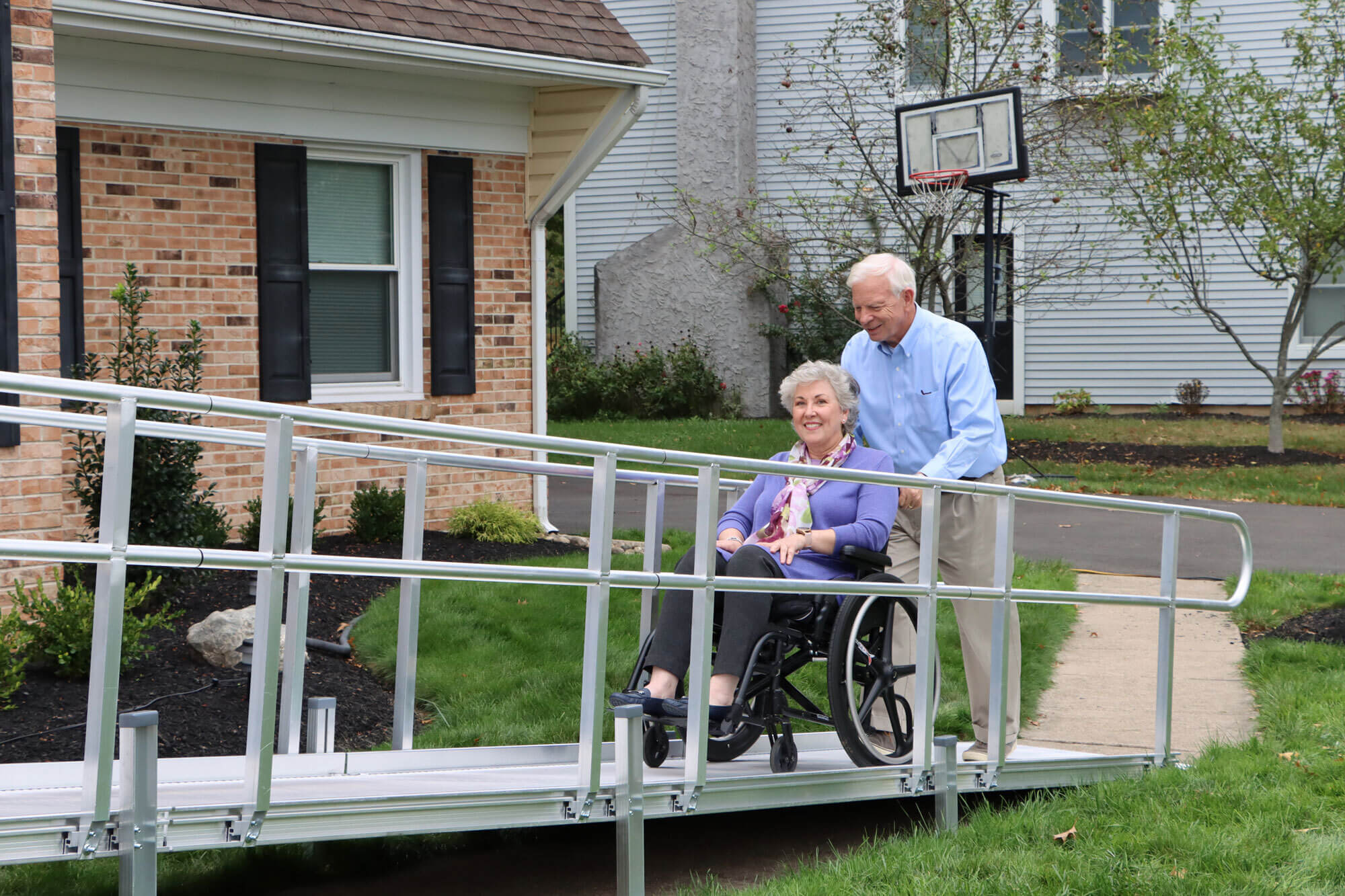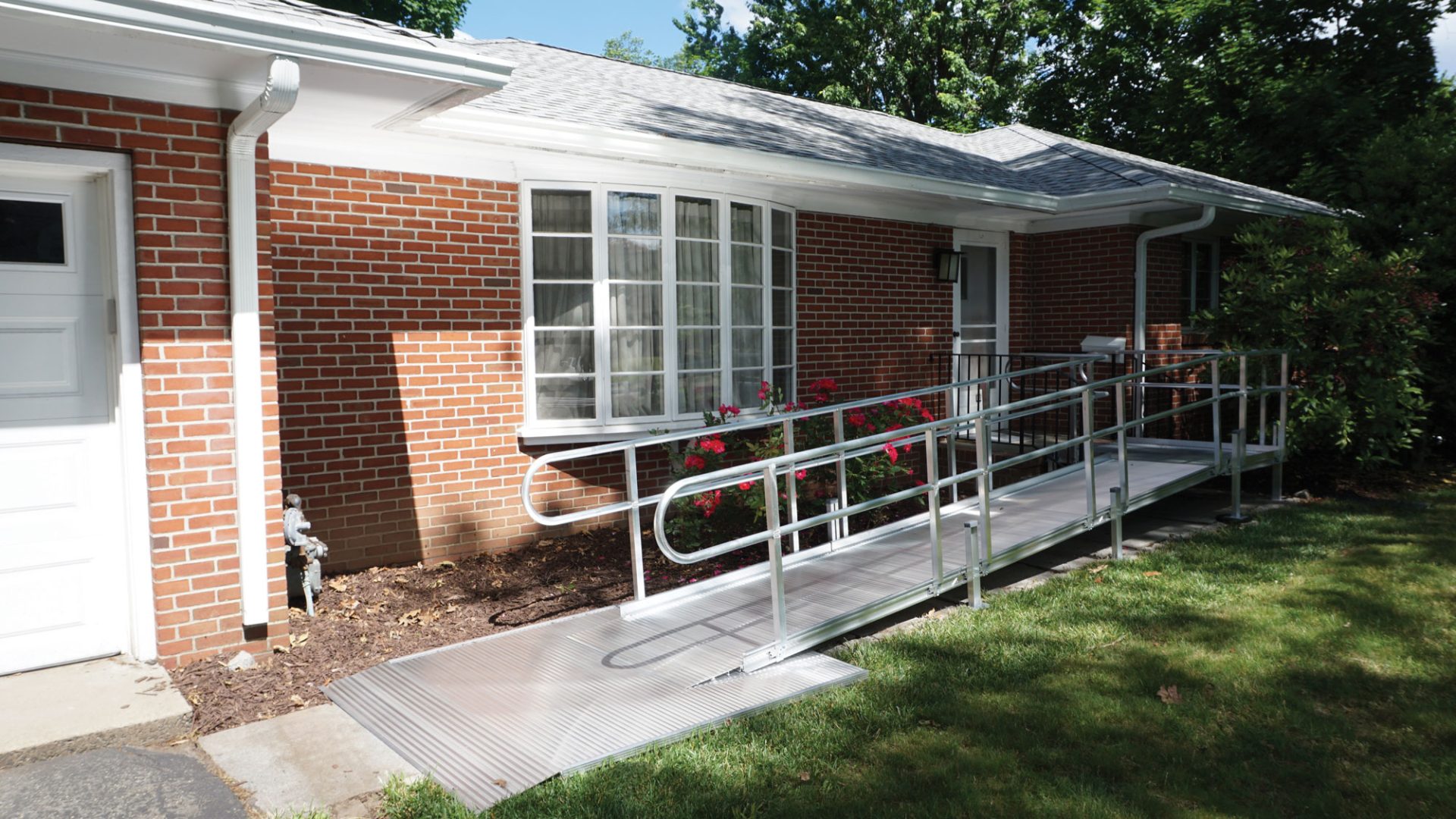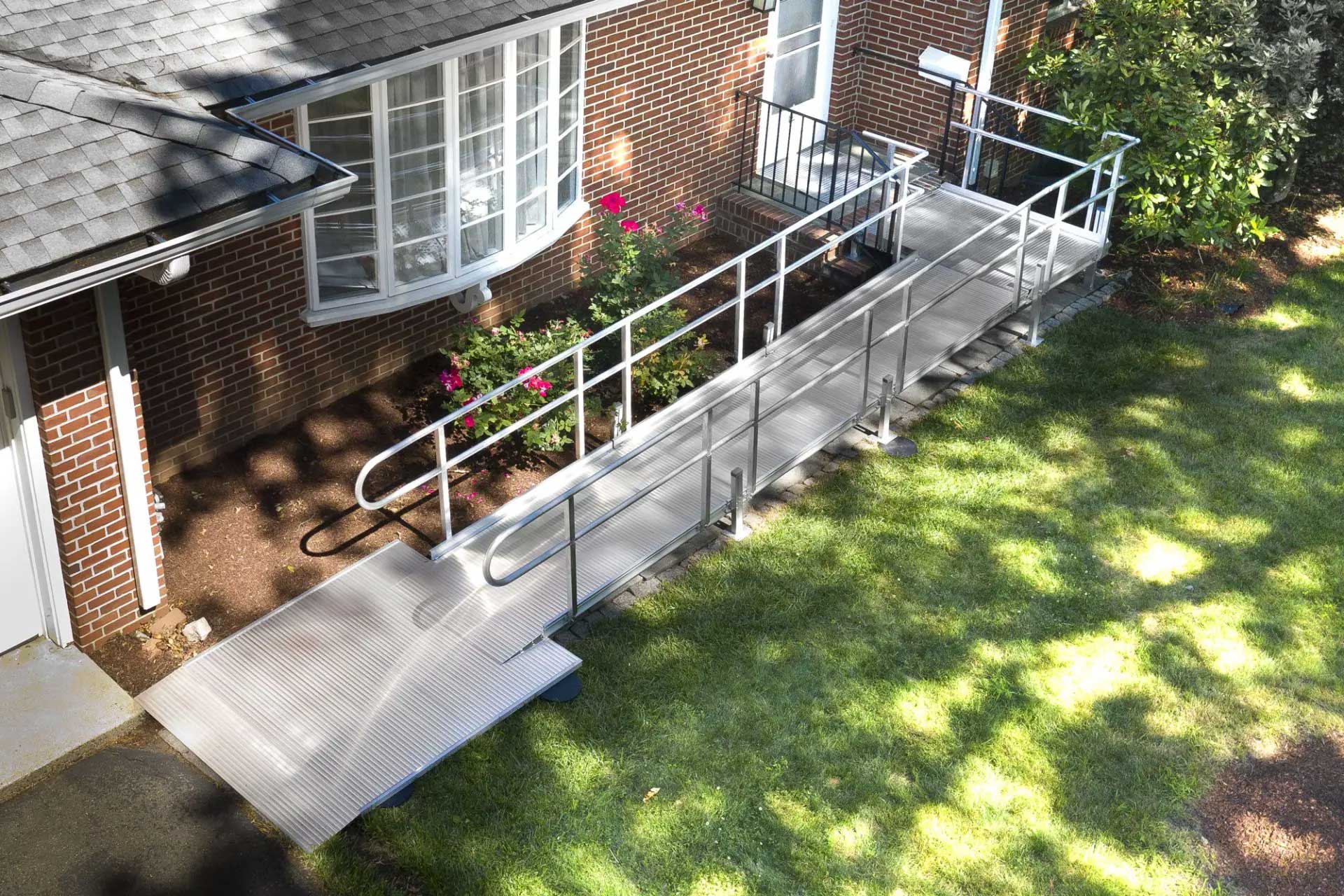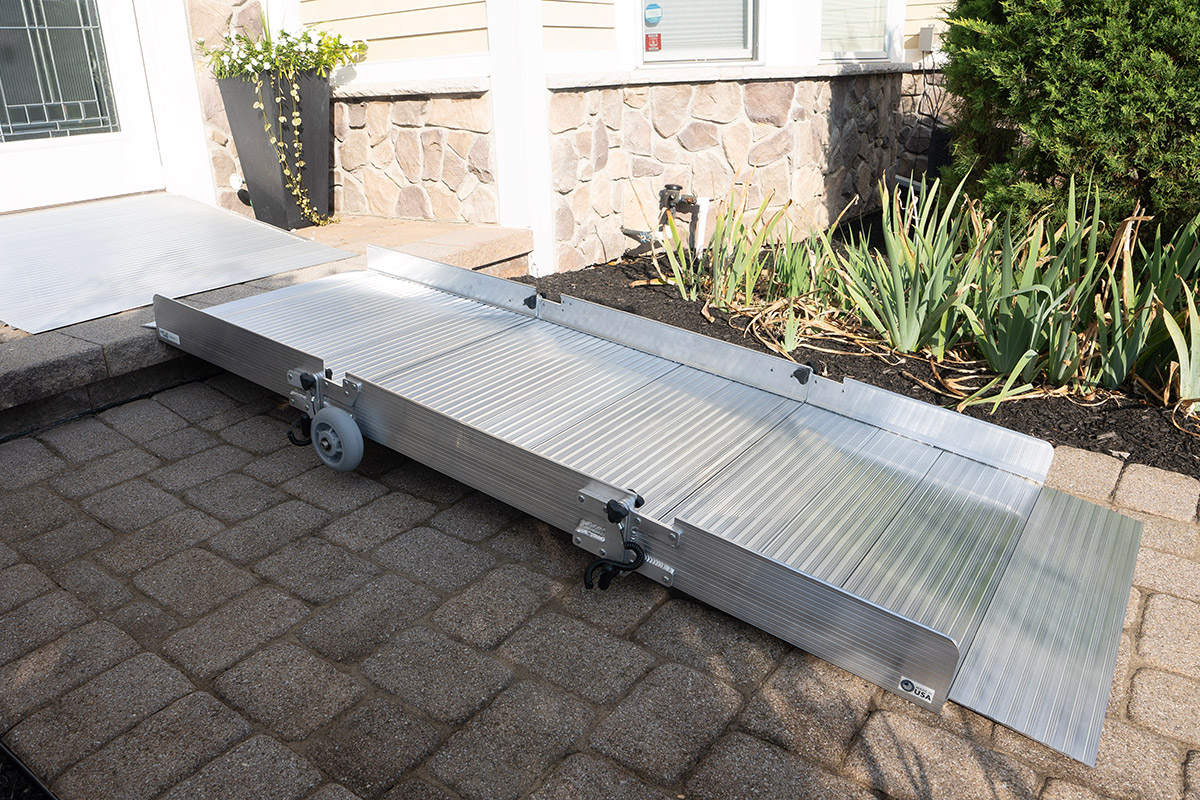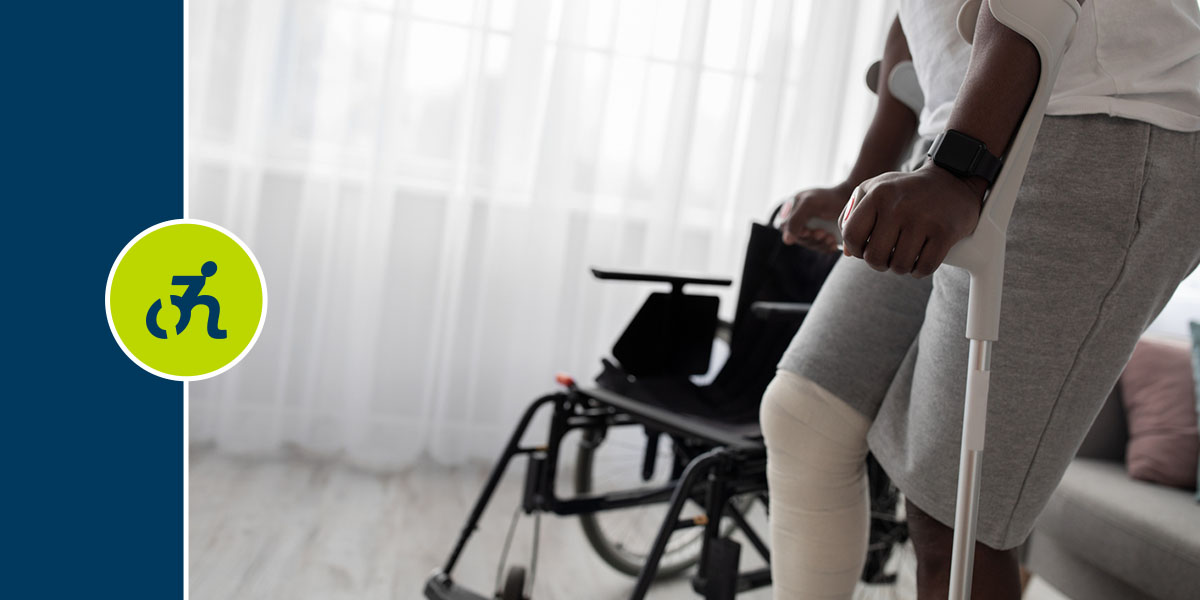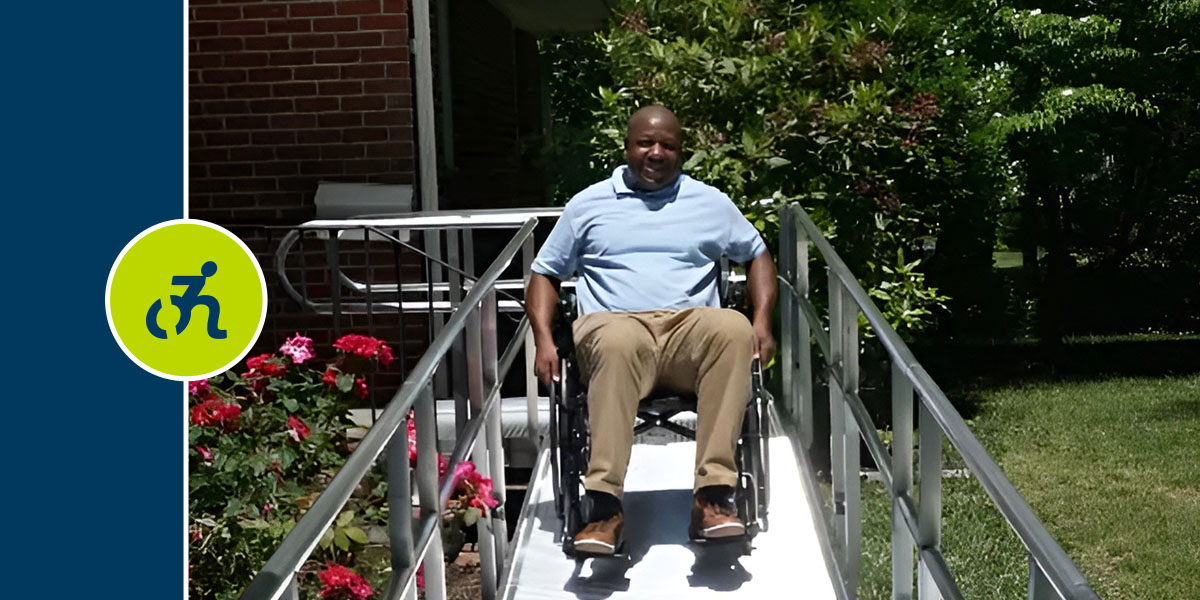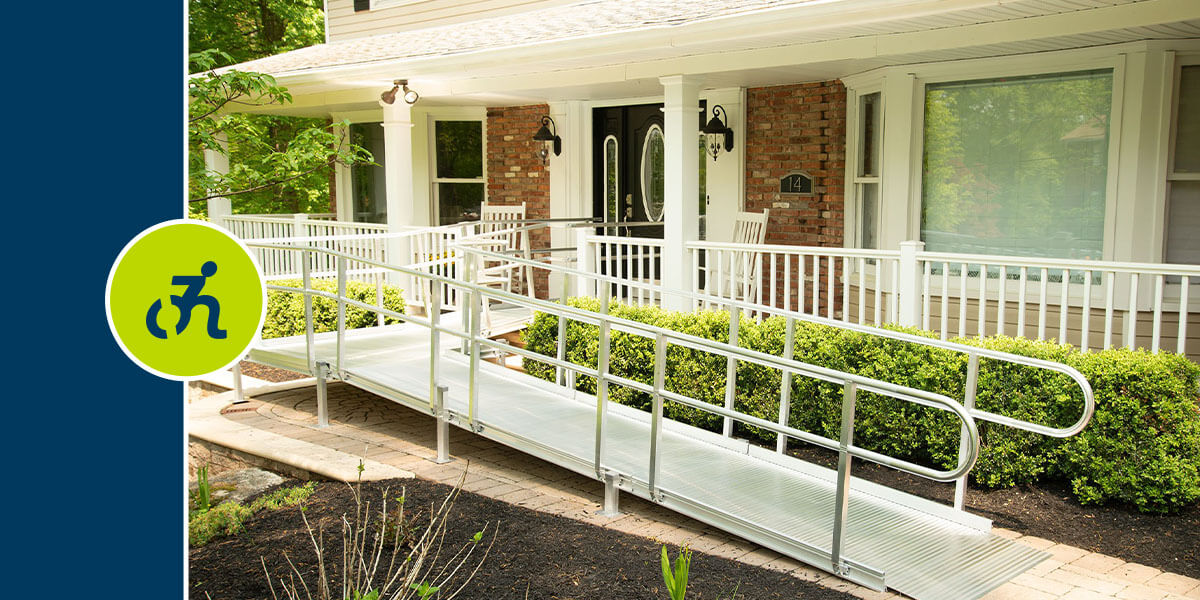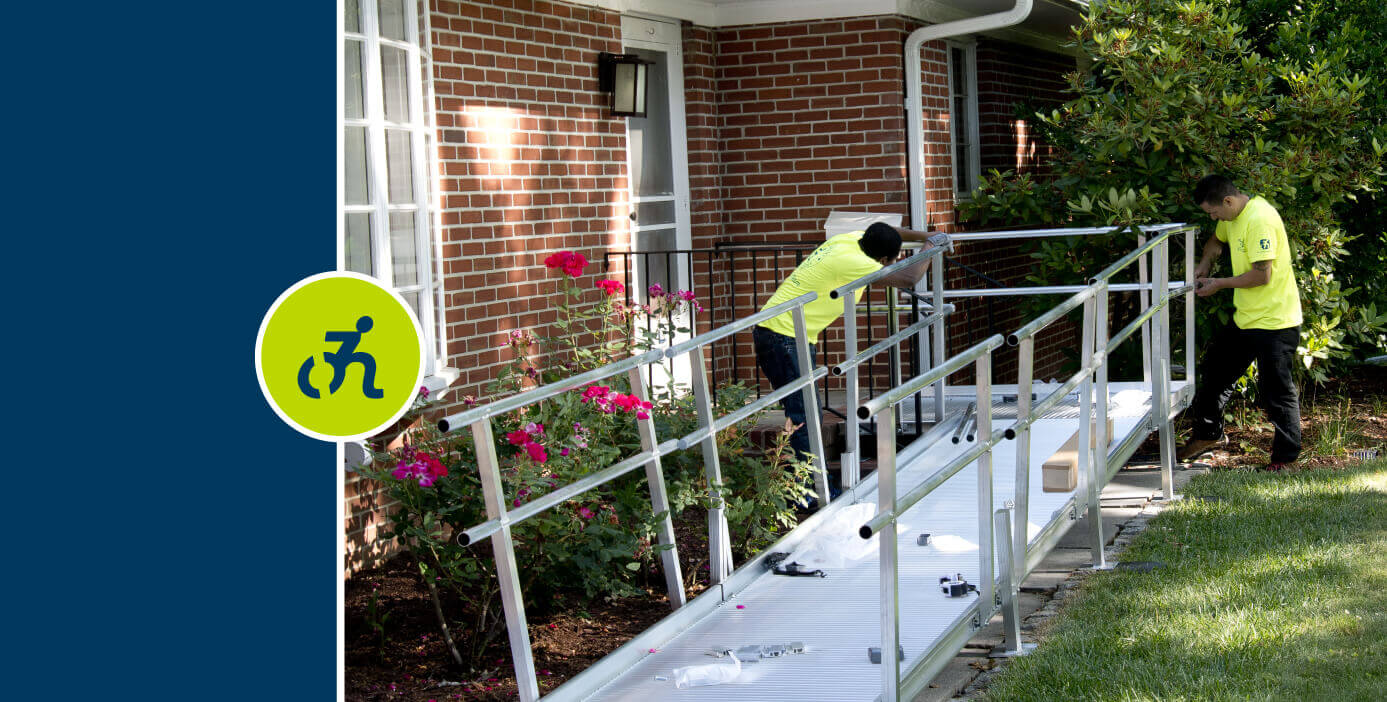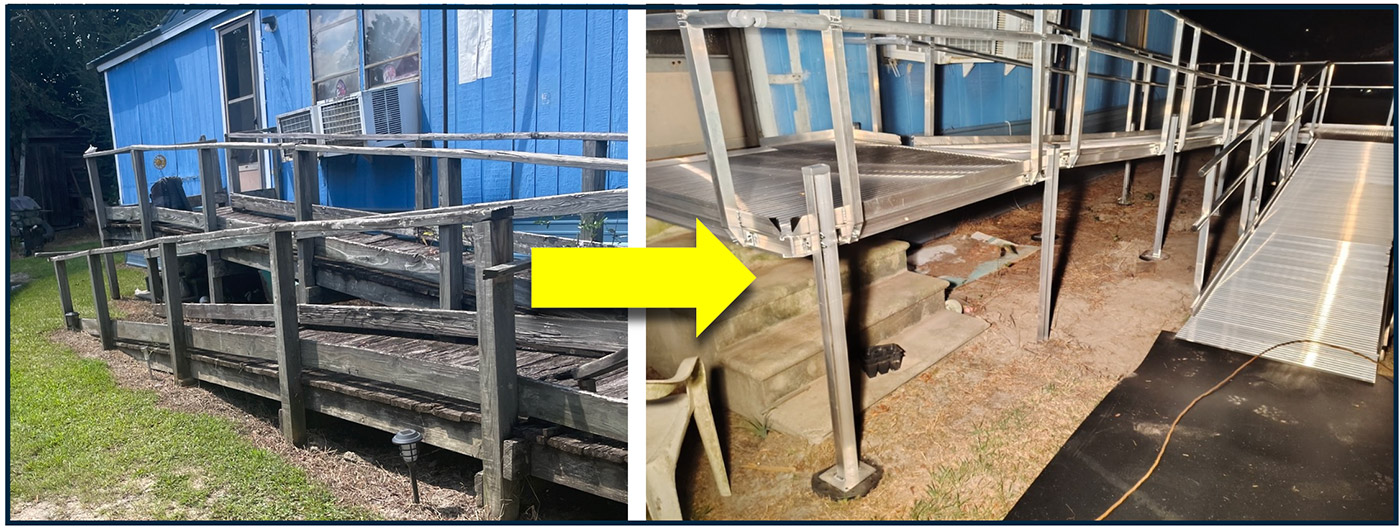
The Dangers of DIY and Wooden Ramps
Wanting to save a quick buck on ramps can be a dangerous choice. DIY wheelchair ramps run the risk of being unsafely installed, and wood ramps in particular can eventually become structurally unsound. So, what are the dangers of homemade ramps, and what easy, stress-free alternatives can bring safety and peace of mind to your […]
